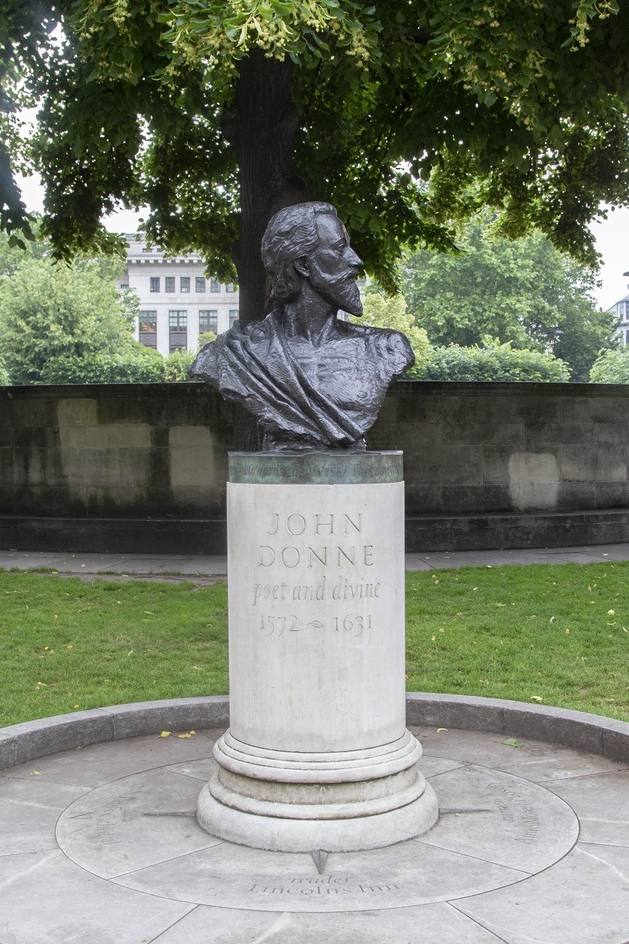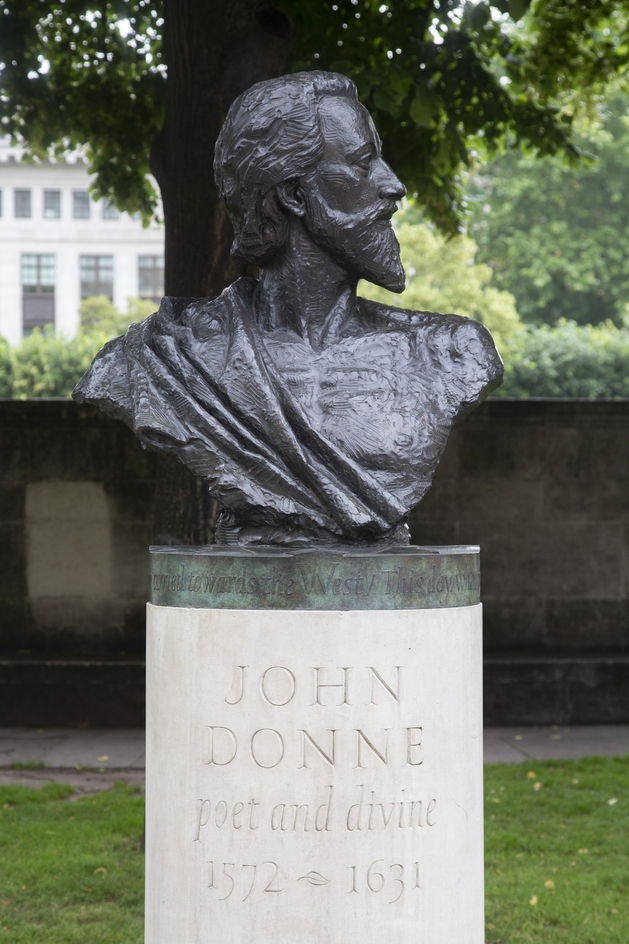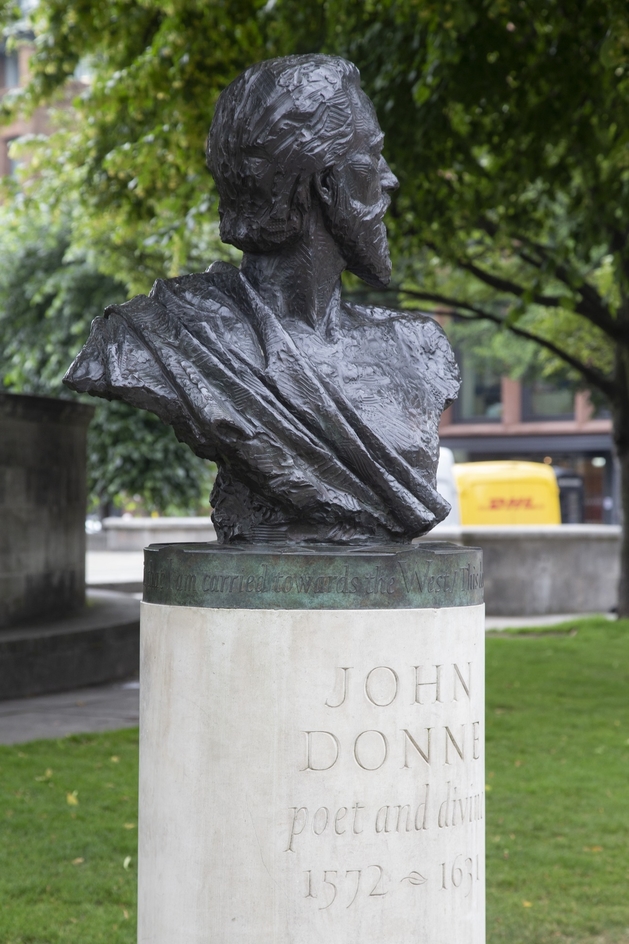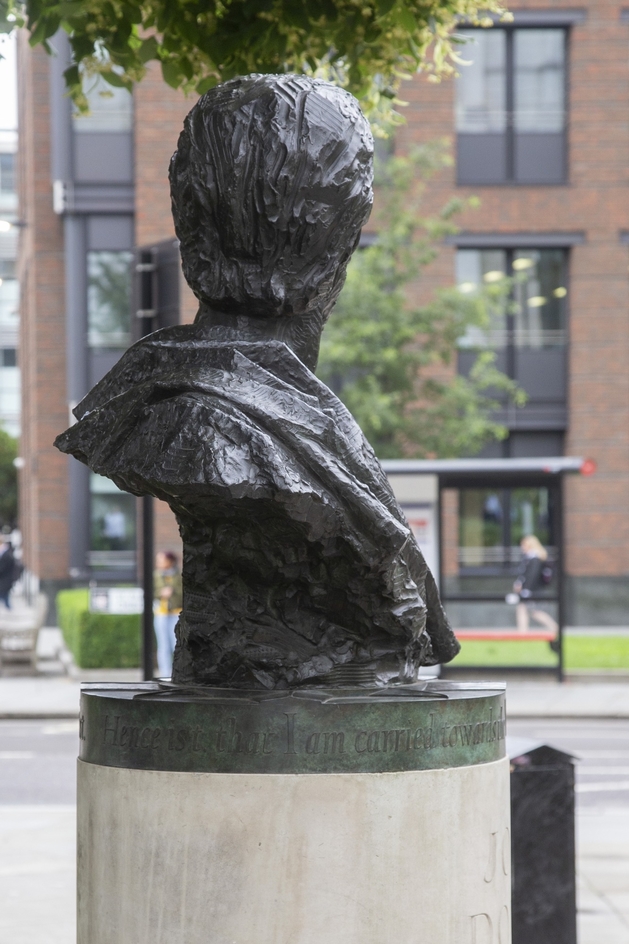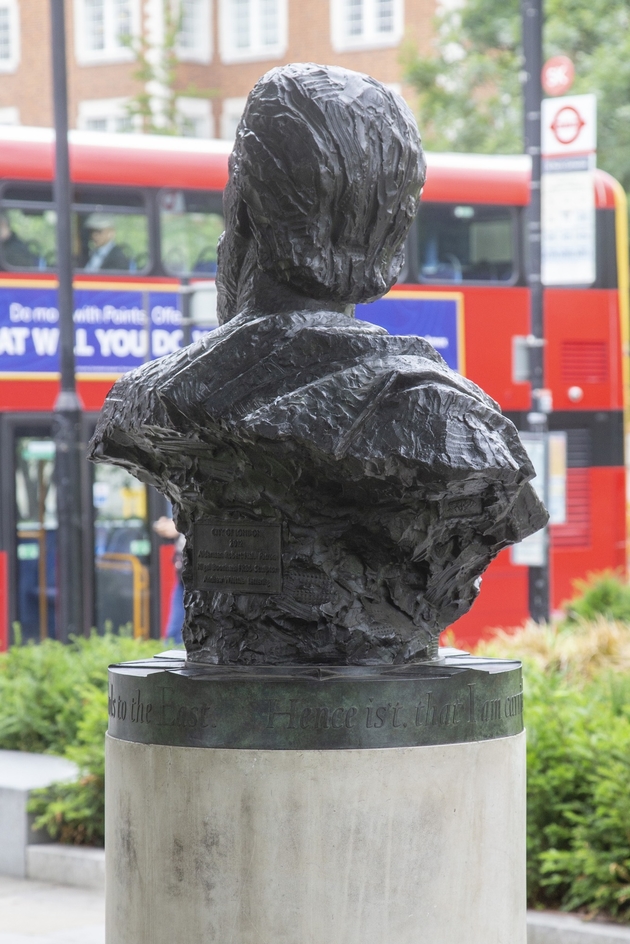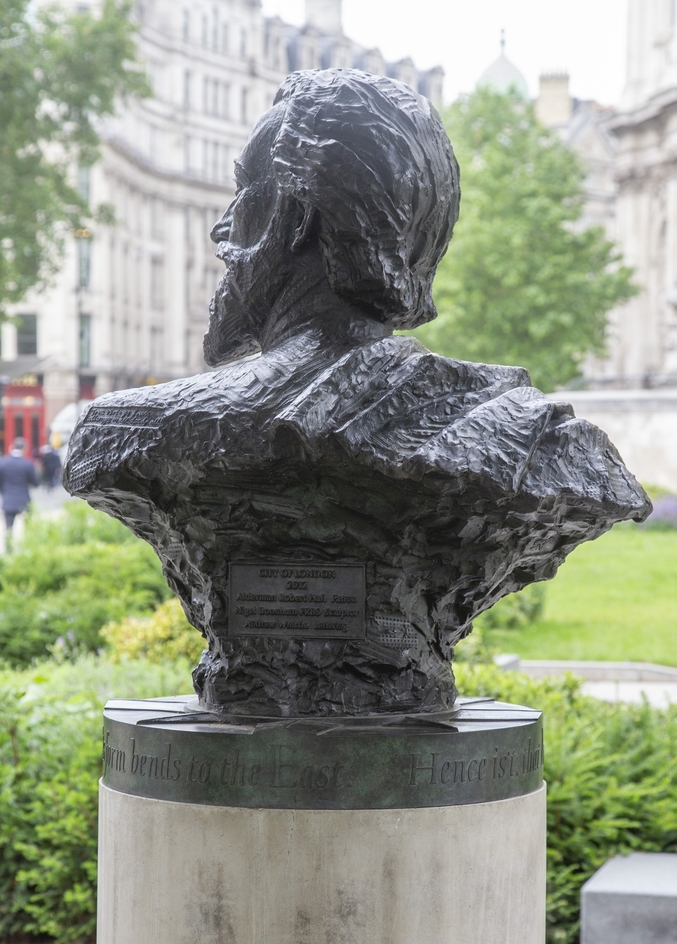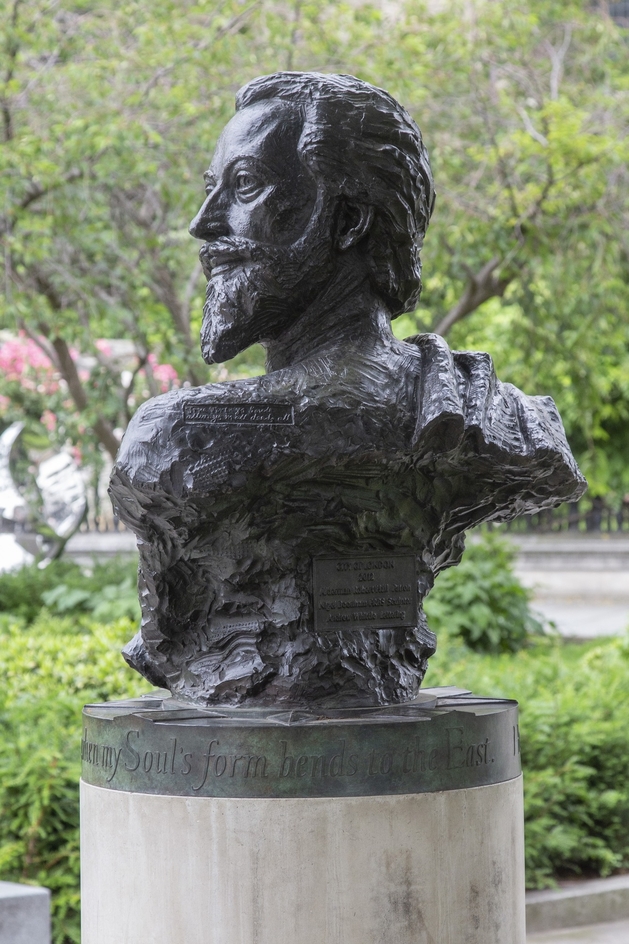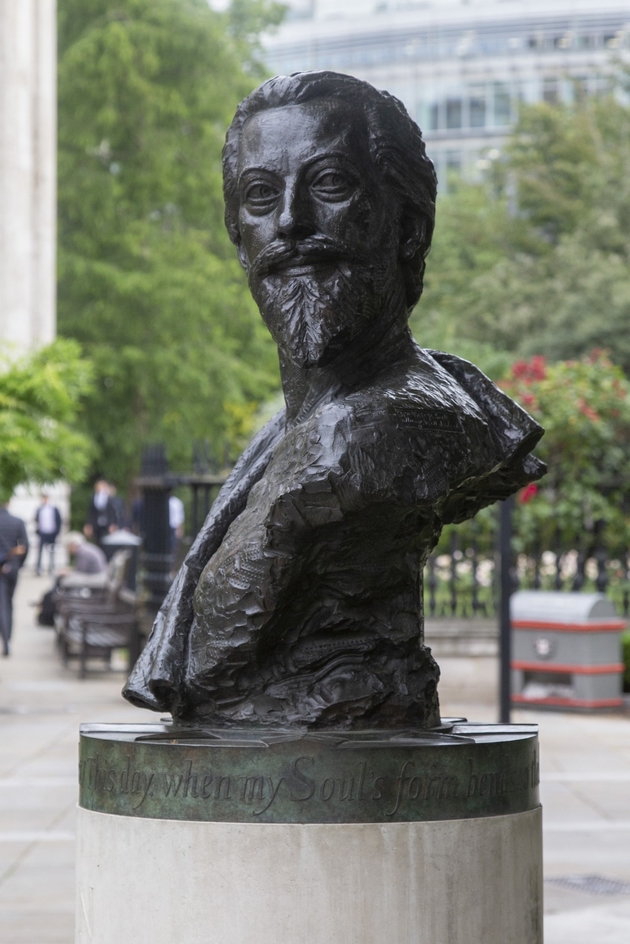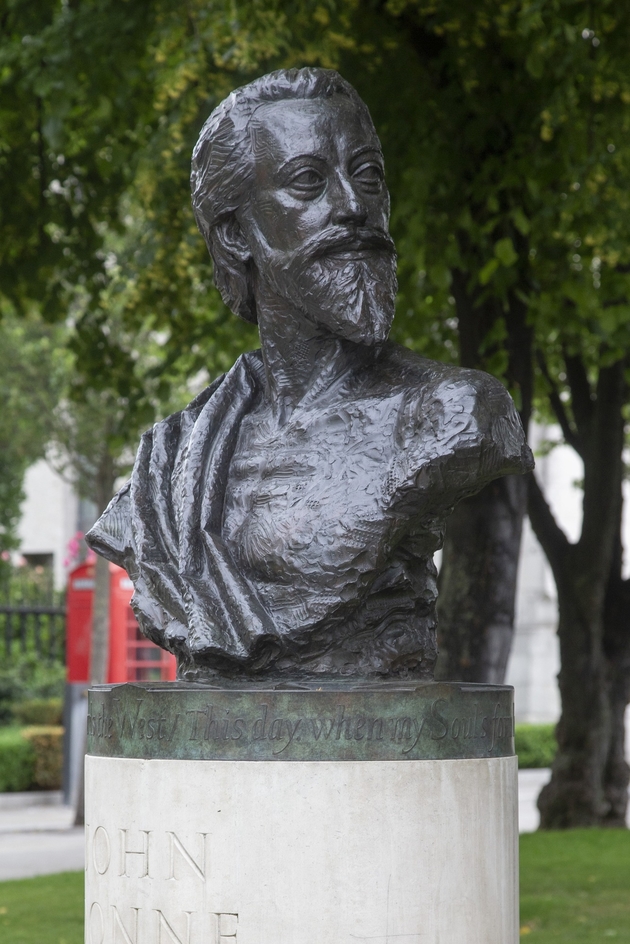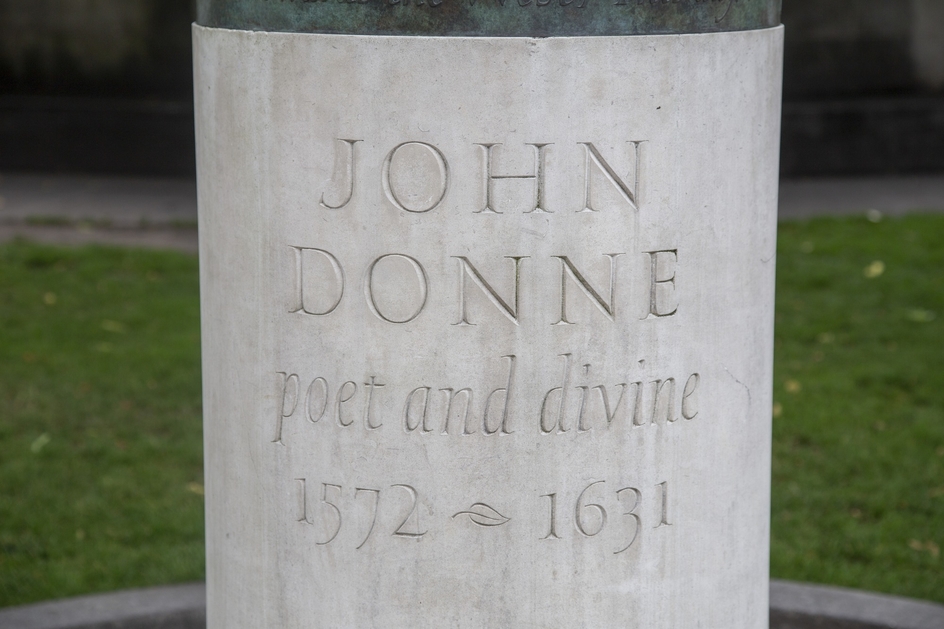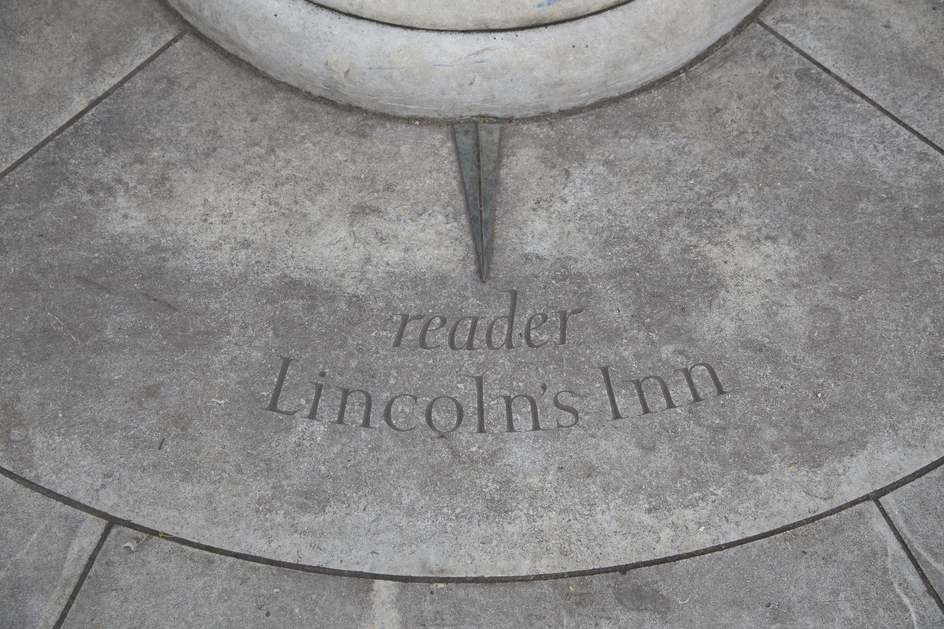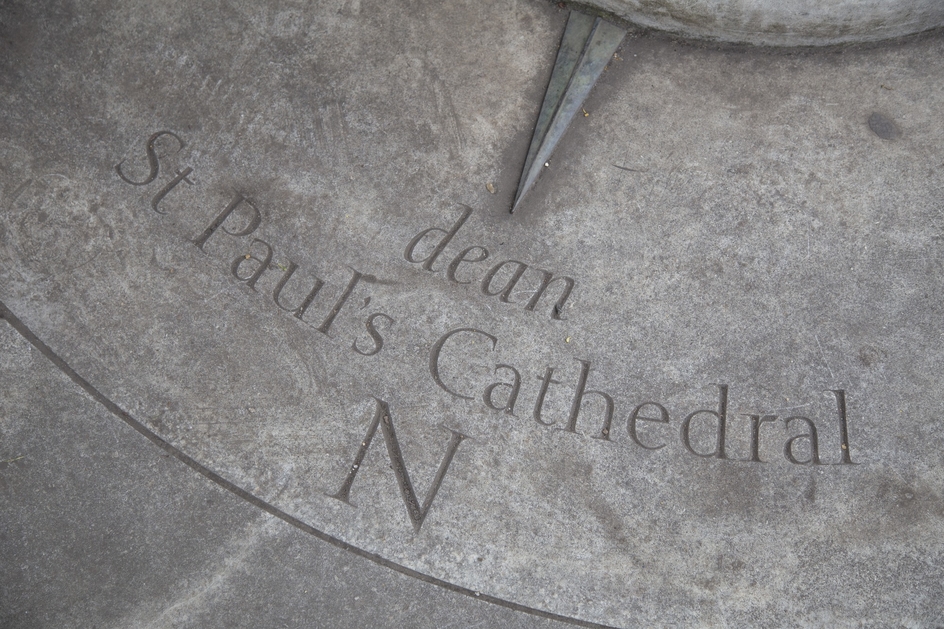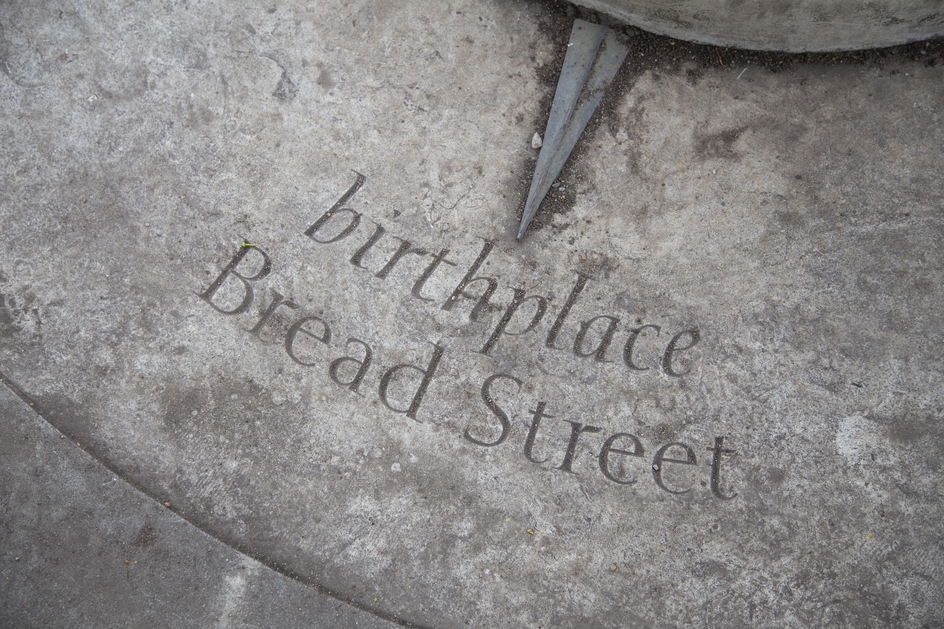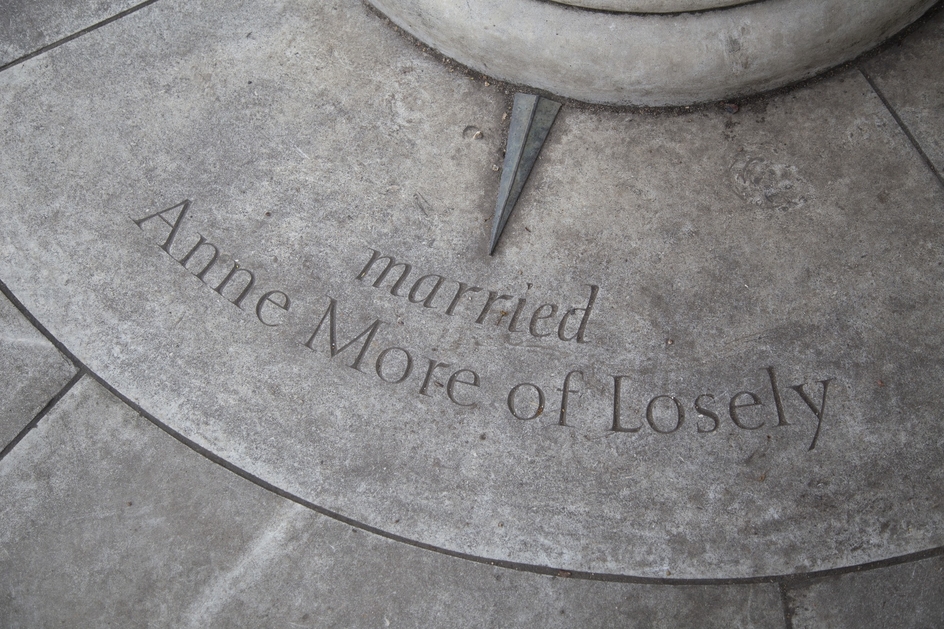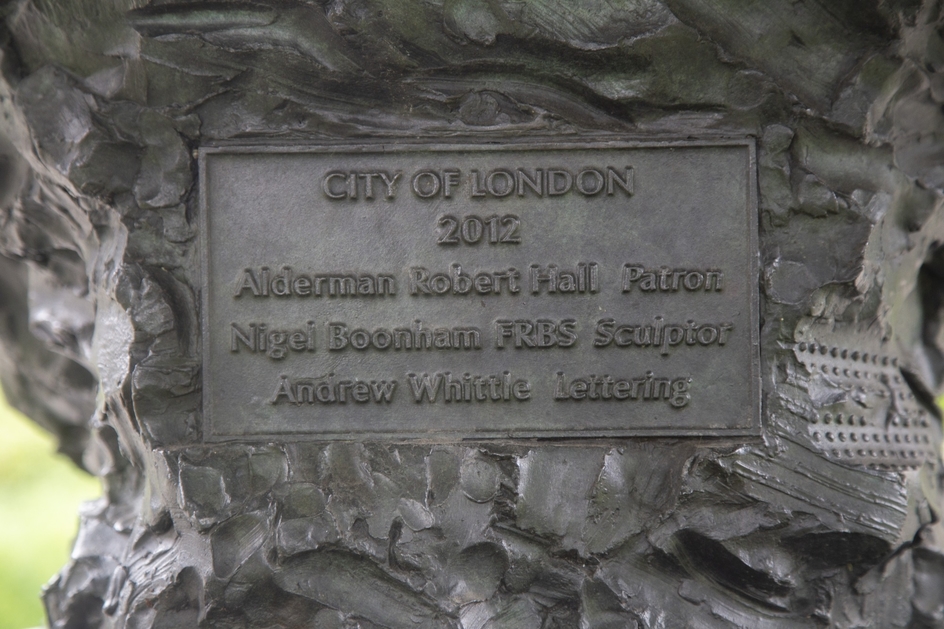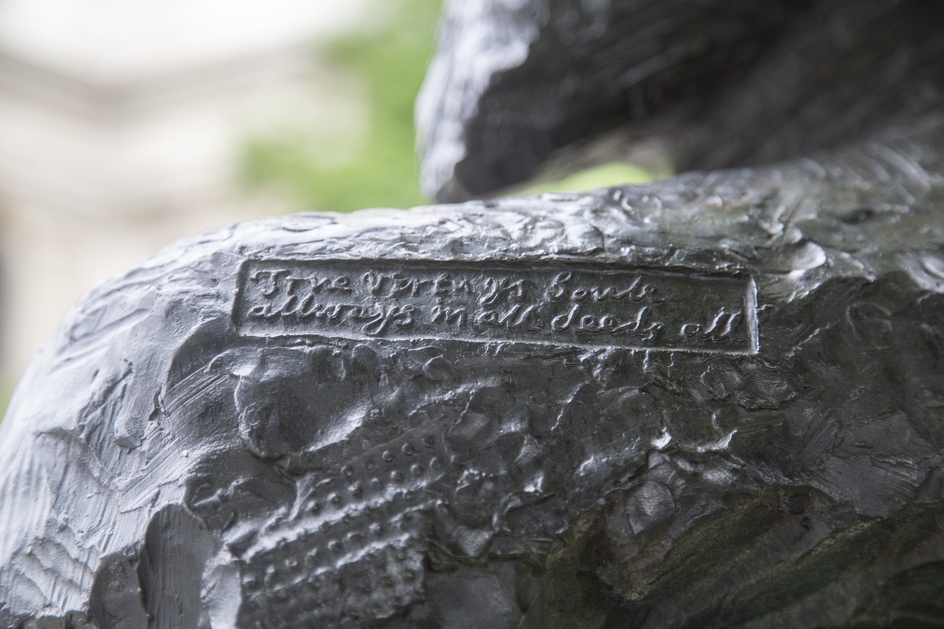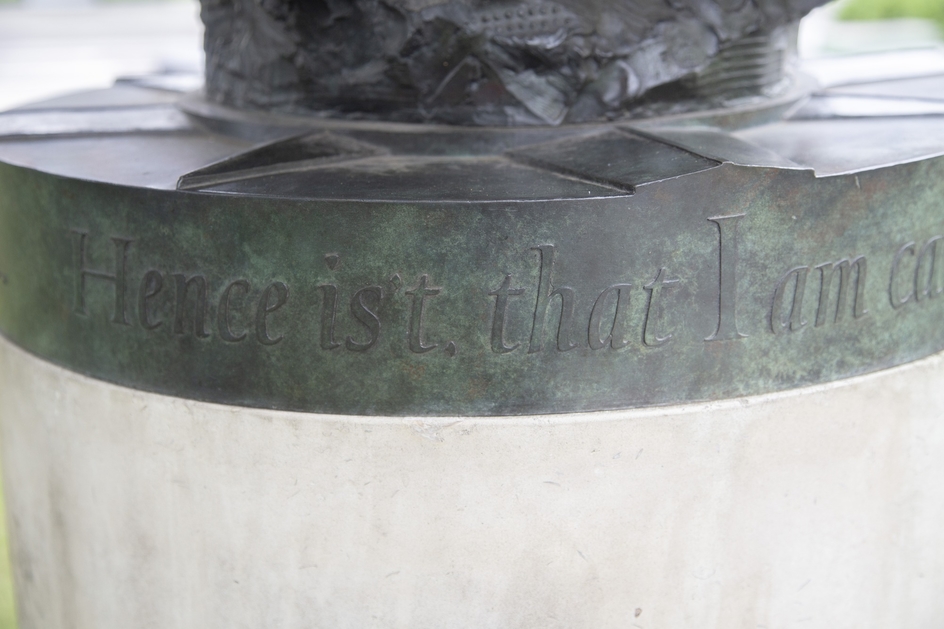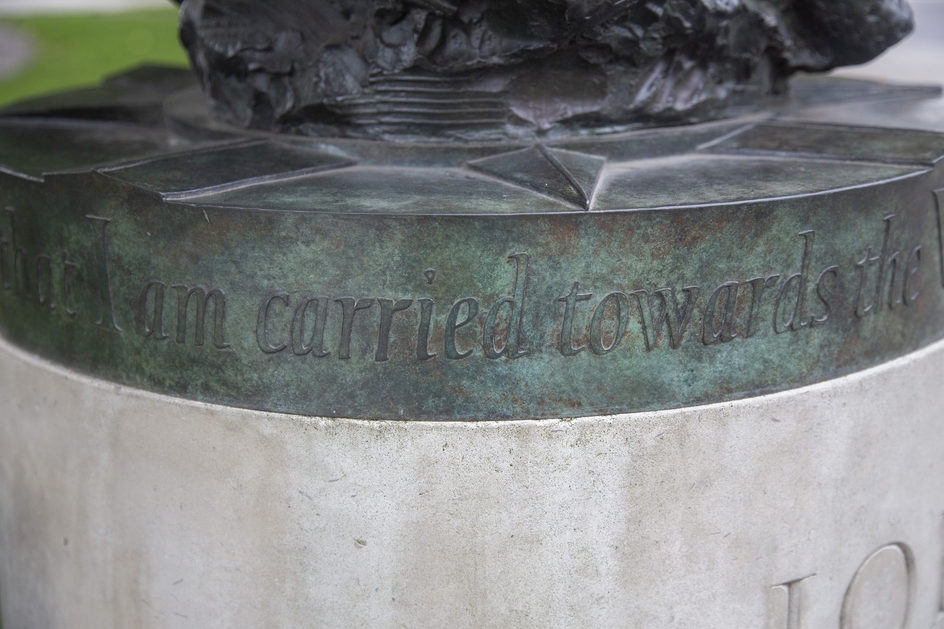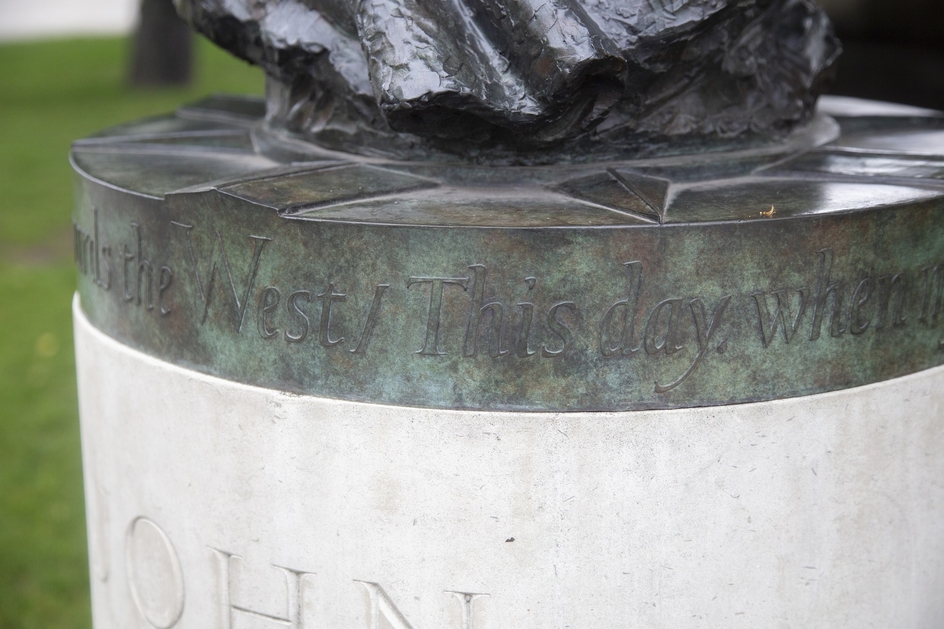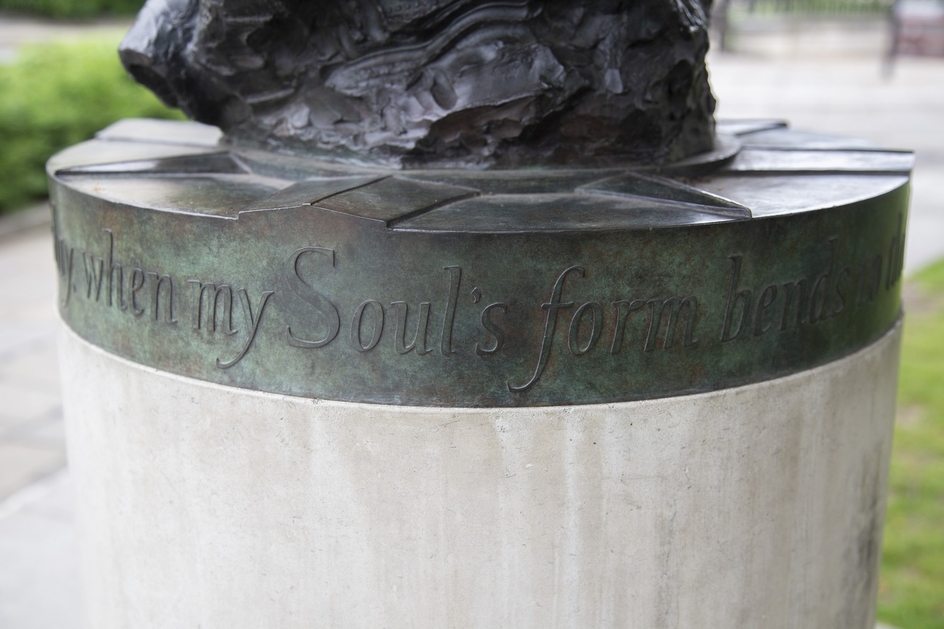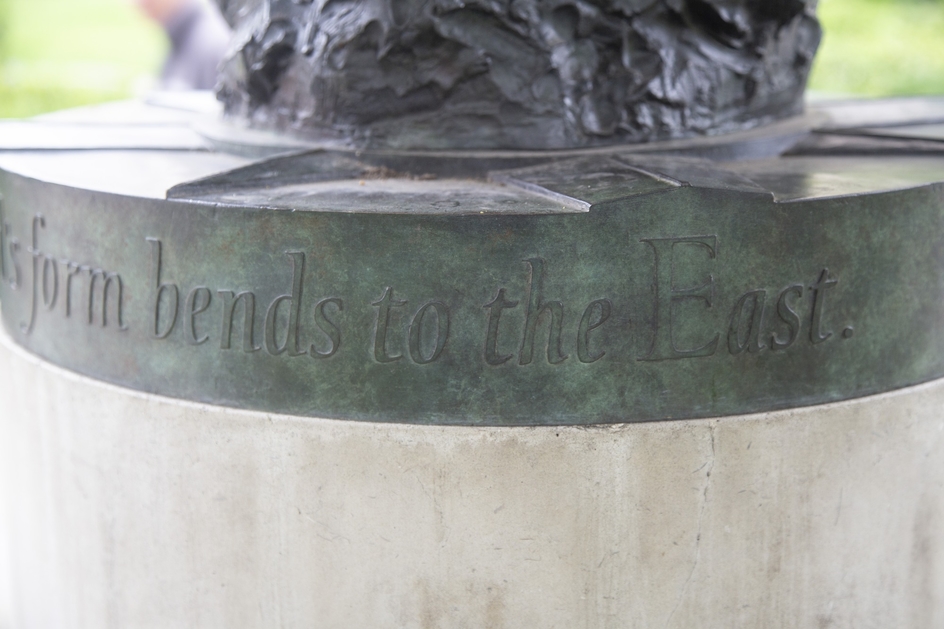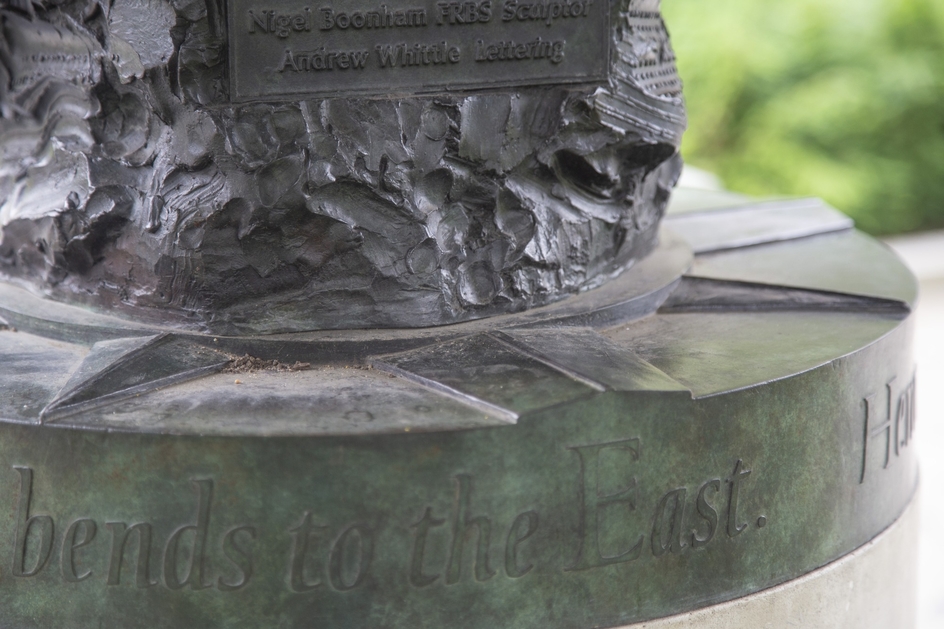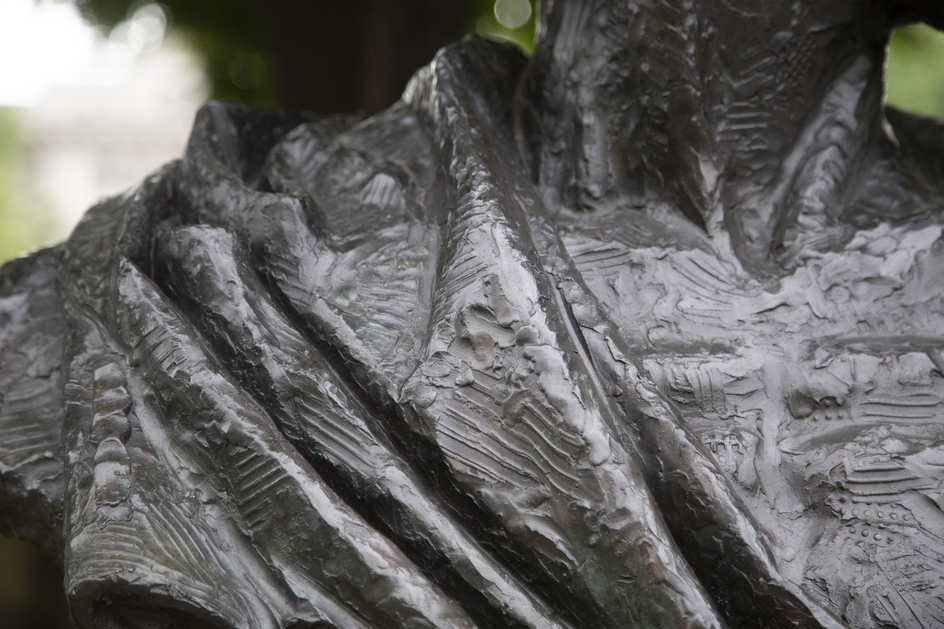How you can use this image
This image can be used for non-commercial research or private study purposes, and other UK exceptions to copyright permitted to users based in the United Kingdom under the Copyright, Designs and Patents Act 1988, as amended and revised. Any other type of use will need to be cleared with the rights holder(s).
Review the copyright credit lines that are located underneath the image, as these indicate who manages the copyright (©) within the artwork, and the photographic rights within the image.
The collection that owns the artwork may have more information on their own website about permitted uses and image licensing options.
Review our guidance pages which explain how you can reuse images, how to credit an image and how to find images in the public domain or with a Creative Commons licence available.
Notes
Add or edit a note on this artwork that only you can see. You can find notes again by going to the ‘Notes’ section of your account.
The concept for the monument is derived from Donne’s poetry. The main inscription around the top edge of the plinth is from 'Good-Friday, 1613, Riding Westward', lines 9–10. The inscription uses four of the letters within the text to mark the points of the compass around the circumference. The directions of the compass were important to Donne in his metaphysical work: east is the Rising Sun, the Holy Land and Christ; while west is the place of decline and of death. The plinth is based on the gothic moulding and proportions of a pillar from the crypt of Old St Paul’s. Within the bronze drapery on the right shoulder of the bust is a relief diagram of a flea and on the back of the left shoulder, in Donne’s handwriting, an inscription from the Verse 'Letter To Lady Cary And Mistress Essex Rich'.
Title
John Donne (1572–1631)
Date
2012
Medium
bronze & stone
Accession number
EC4M_AY_S034
Acquisition method
Alderman Robert Hall, and the City of London Corporation
Work type
Bust
Owner
City of London Corporation
Custodian
City of London Corporation
Work status
extant
Unveiling date
15th June 2012
Access
at all times
